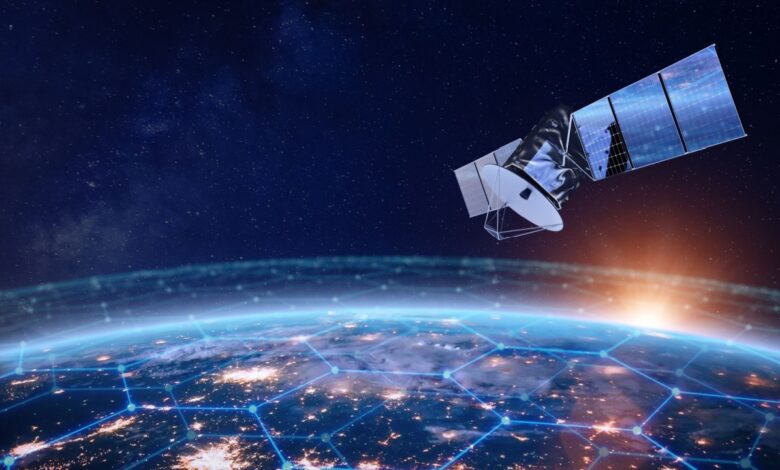Nvidia AI-Powered Satellites Poised to Expand Internet Access

Planet Labs PBC and Nvidia are partnering to enhance satellite processing power, aiming to improve how businesses receive and utilize data for quicker, more intelligent insights.
The companies will collaborate to enhance the onboard processing capabilities of Planet’s high-resolution Pelican-2 satellite, which is set to launch later this year. The partnership aims to leverage Nvidia’s Jetson Edge AI platform to deliver data more quickly to Planet’s customers in government and commercial markets.
Experts believe that AI-enhanced satellites could be a game-changer for businesses in remote areas, enabling them to access global markets and collaborate with partners worldwide.
“Imagine a small business in a remote village suddenly having access to high-speed internet,” John Conafay, co-founder and CEO at Integrate Space, told PYMNTS. “They can now tap into global markets, collaborate with partners around the world, and grow their business in ways that were previously unimaginable.”
Bringing High-Speed Internet to Remote Areas
Planet hopes to optimize bandwidth usage and deliver high-speed internet to previously underserved regions by using AI to process data onboard the satellite.
“This collaboration is about getting answers from orbit to our customers in near real-time,” Kiruthika Devaraj, vice president of avionics and spacecraft at Planet, said in a news release. “The suite of solutions that Planet can generate for our customers with our high-resolution optical sensor on Pelican is enhanced by NVIDIA Jetson and real-time connectivity.”
Beyond expanding internet access, AI-powered satellites may disrupt industries such as agriculture, insurance and real estate. By providing precise, real-time data and analytics, these satellites could help farmers optimize crop yields, insurers process claims faster and real estate firms make more informed investment decisions.
“AI is a huge game changer,” Mislav Tolusic, co-managing partner and CIO at Marlinspike, an investment firm that focuses on AI and aerospace industries, told PYMNTS. “Now we can specifically direct satellites to only send data that we need.” For farmers, this could mean receiving pinpoint analytics on crop health and weather patterns, while insurers could use the technology to monitor natural disasters and identify fraudulent claims.”
Fueling the Growth of IoT and the Space Economy
The integration of AI technology in satellites is also expected to accelerate the growth of the Internet of Things (IoT) and the space economy, creating new business models and opportunities for innovation.
“AI is very complimentary to the Internet of Things because it allows us to quickly run analytics on large amounts of data and discover new trends and insights,” Tolusic said.
Experts say that better satellite connectivity could lead to a wider democratization of data, with more entrepreneurs and businesses gaining access to ready-made AI models and satellite capabilities on demand.
“This satellite-as-a-service model is a game-changer for startups and small businesses,” Conafay said. “It lowers the barrier to entry and allows for incredible innovation across industries.”
While the potential benefits of AI-powered satellites are significant, there are also challenges to overcome, such as the high costs associated with satellite technology, which could limit its adoption in some markets.
Despite these challenges, experts remain optimistic about the future of AI-powered satellites.
“Running compute on-orbit allows us to design new pipelines that can understand the data as it is being collected, without waiting for data download and delivery,” said Deepak Vasisht, an assistant professor at the University of Illinois Urbana-Champaign, in the news release. “Such on-orbit compute will enable many new (and important) capabilities, such as real-time tracking of events like forest fires, disasters and other events of interest.”
As Planet prepares to be one of the first companies to space-qualify and fly Nvidia Jetson on an Earth observation satellite, the stage is set for a new era of global connectivity and commercial innovation. The question now is not if but when these AI-powered satellites will become the norm, transforming industries and expanding opportunities across the globe.



